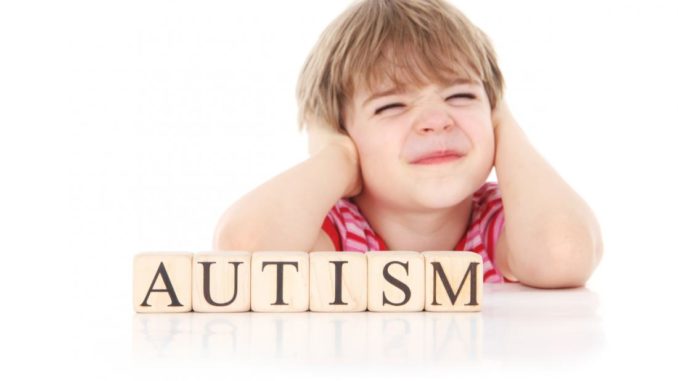
Advisory Panel to provide recommendations on design of new program
TORONTO — Ontario is continuing to listen to families of children with autism and the Autism Advisory Panel. Based on their feedback, the province is expanding the scope of the autism expert panel to provide advice on what a new needs-based and sustainable autism program would look like. To facilitate that work, Ontario is extending existing behaviour plans and continuing to bring children off the waitlist to ensure continuity of service for families.
“My message to families of children and youth with autism is, we have heard you, and we are taking action,” said Todd Smith, Minister of Children, Community and Social Services. “Our government is committed to a needs-based program that provides children and youth with the supports they need to thrive. Over the past number of weeks, I have met with service providers and families of children with autism who share a common goal to provide the best possible care and make a positive difference in the lives of children and families living with autism in Ontario.”
Today, Minister Smith announced steps Ontario is taking to provide continuity of service while providing the necessary time to design a new needs-based autism program by April 2020.
New mandate for the Autism Advisory Panel
The panel has been asked to develop recommendations for a new, needs-based and sustainable Ontario Autism Program with the goal of helping as many children as possible. The panel is examining results from online surveys, telephone town halls and written submissions as well as considering relevant evidence, science and data and will submit its advice by the end of summer.
Extension of existing behaviour plans
Families will continue to receive services outlined in their current Ontario Autism Program Behaviour Plan until its end date. Families will then be able to renew their plan for a second six-month extension of up to six months at their current level of intensity, or less where clinically appropriate. There will be no gaps in service.
Continuing to bring children off the waitlist
For children not in service, childhood budgets will continue to be issued to families as the province works towards a needs-based program.
As previously announced, Ontario is investing an additional $278 million in the province’s autism program, bringing the total amount of funding to $600 million annually.
“I have every confidence that together, we will get this right. It’s clear we need to ask the advisory panel to provide us with a broader set of recommendations and advice – and we need to give them the necessary time to do so,” said Minister Smith. “In the interim, we will continue services for families, move more children into service and give our experts the time they need to bring forth their considered recommendations. These measures will also bring greater transparency for parents and families across Ontario.”
“The advisory panel’s expert advice will be critical to ensuring our investments across government, including in Ontario’s health care system, promote and advance a truly child-centred approach,” said Christine Elliott, Deputy Premier and Minister of Health. “I look forward to receiving their recommendation. In the meantime, we are continuing to listen to families of children and youth with autism and remain fully committed to supporting them through enhanced supports.”
The Ministry of Children, Community and Social Services and the Ministry of Education are working closely to better align and integrate services and supports for school-aged children with autism.
“Our government is committed to ensuring Ontario schools are safe and inclusive places for students with autism,” said Stephen Lecce, Minister of Education. “We will work tirelessly with Ontario families, educators and school boards to achieve seamless transition for children and enhance school-based supports.”
Quick Facts
- The province’s 20-member autism expert panel includes parents of children with autism, clinicians, autism self-advocates, service providers, former public servants and others.

Leave a Reply